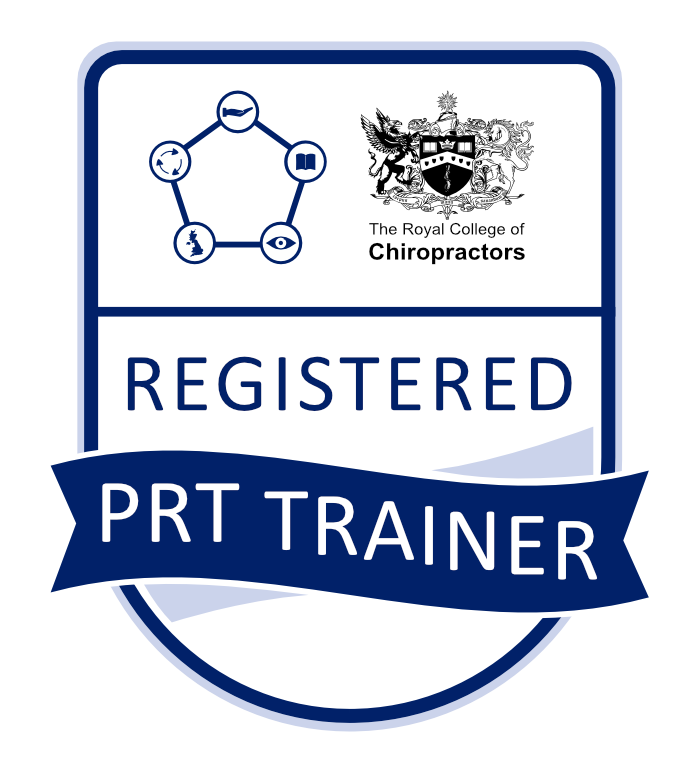Become a PRT Trainer
Taking on the role of PRT Trainer/mentor for a new graduate is one of the most important contributions you can make to the future development of the profession, and is highly valued.
Each year, PRT candidates tell us that the opportunity for regular interaction with an experienced colleague is the thing they value most about PRT, and the PRT programme provides the structure whereby this important interaction can take place.
The PRT programme has the following components:
- Practice-based learning
- Experiential learning
- Participation in regional workshops and CPD
- Reflection and development planning
- Clinical audit
As a PRT Trainer, your role is to support the practice-based learning component, helping the graduate identify learning points from their own reflections on, and your observations of, their practice and, if they are also your associate, providing a suitably supportive environment in which they can flourish. Your regular discussions, either face-to-face or by phone, are a learning experience for you both and are an important part of ensuring the candidate’s proficiency develops rapidly.
Benefits of being a PRT Trainer
While the role of PRT Trainer is voluntary, there are significant benefits. These include the following:
- Offering PRT training in your practice means your vacancy will be attractive to a wider pool of graduates;
- PRT Trainers receive training through online learning, our regular Training the Trainers online sessions and an annual Trainers Forum held on the day of our free Summer Conference. GCC CPD hours can be claimed for all of these activities;
- The regular clinical discussions you have with your candidate/s also count as CPD, if appropriately documented, and constitute ‘learning with others’;
- Graduates have an excellent up-to-date knowledge base from which, as their PRT Trainer, you will learn too;
- Your graduate needs to undertake clinical audit as part of the PRT programme and this can be focused on the priorities of your clinic;
- A great way for your graduate to learn about your clinic and to contribute to its further development is for them to lead your clinic’s PPQM and/or CMQM applications;
- Successfully mentoring a PRT candidate throughout the course of their PRT programme is now recognised as equivalent to 10 M-level credits for the purposes of RCC membership progression.
- PRT Trainers can use an RCC PRT Trainer emblem on websites and correspondence.
How to apply
To become a PRT Trainer you must be a Licentiate, Member or Fellow of the College, and must normally have been in practice for at least 3 years. A summary of the requirements is available here.
To apply, please download, complete and return a PRT Trainer application form. If you are not a current member of the Royal College, please apply for membership first, informing us that you also wish to become a PRT Trainer.











